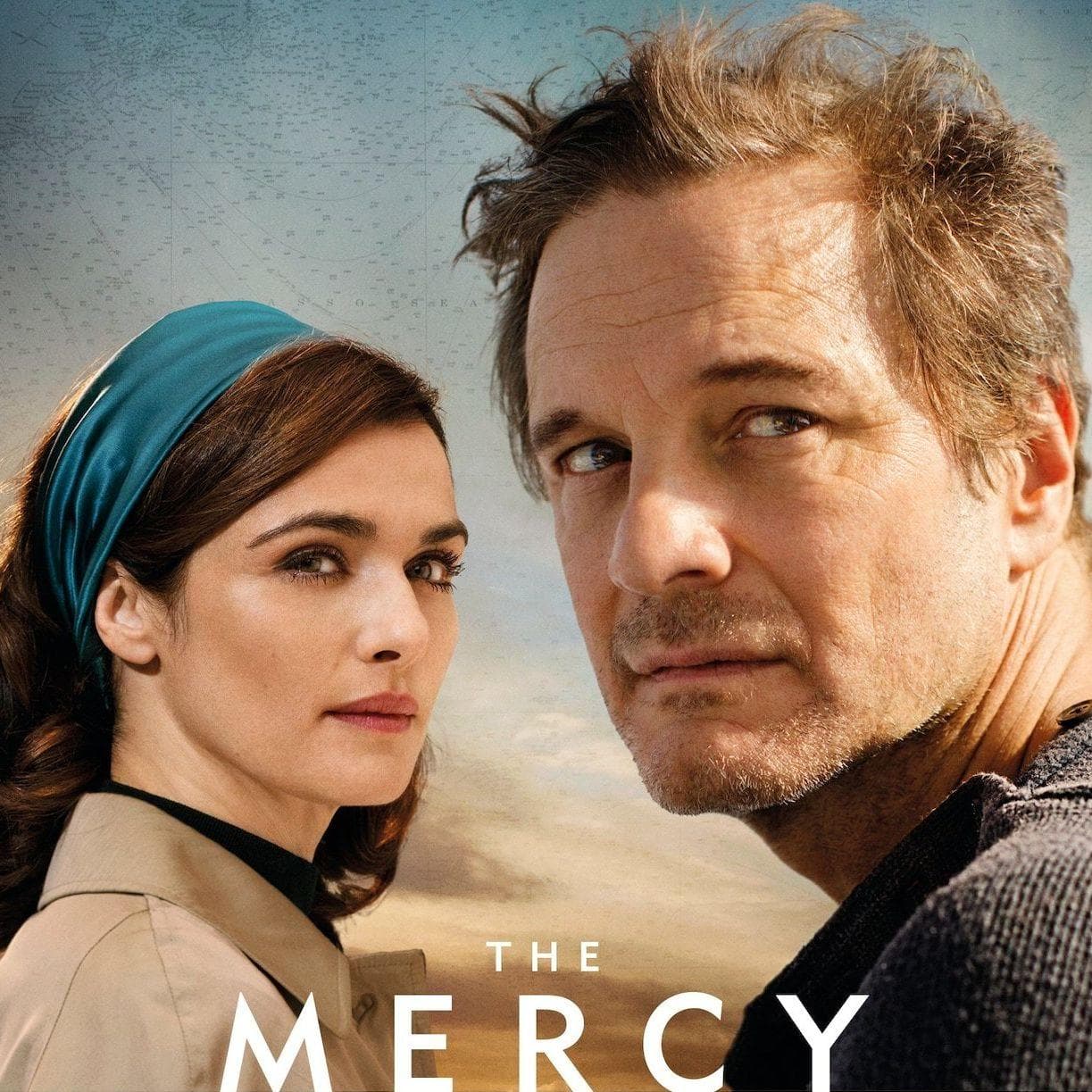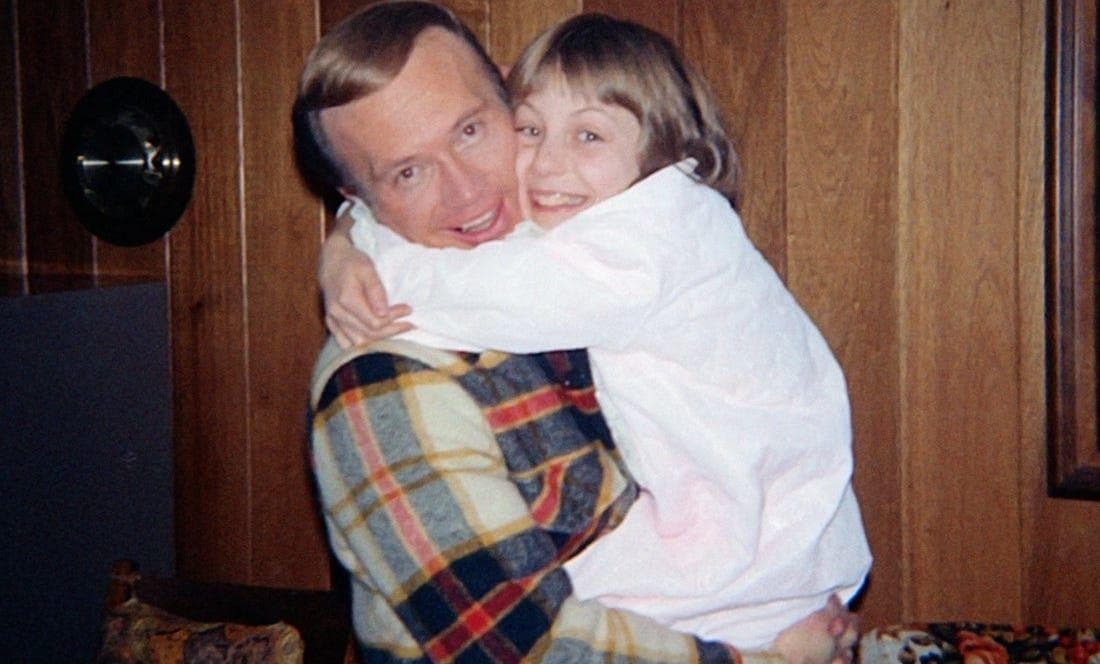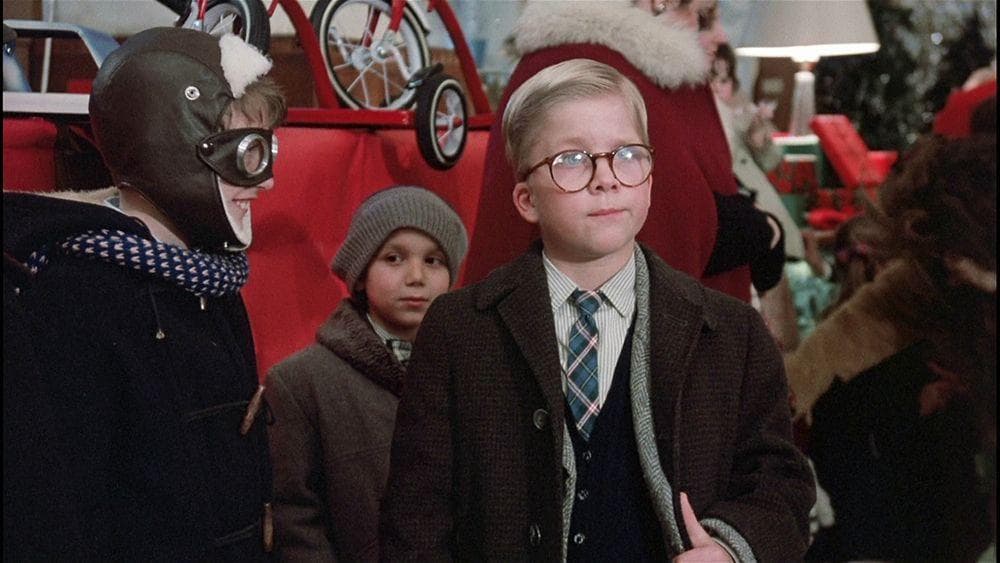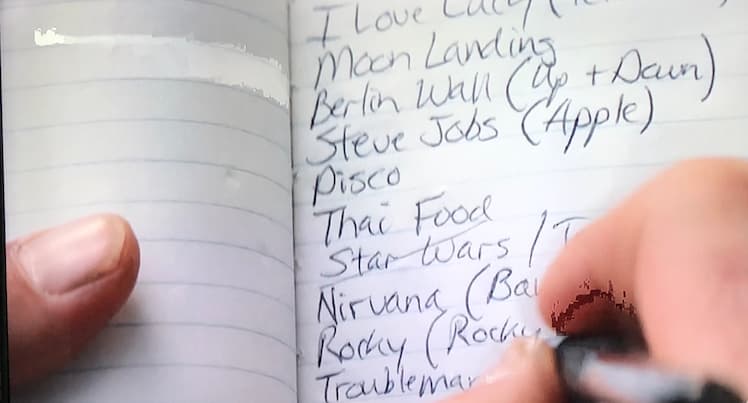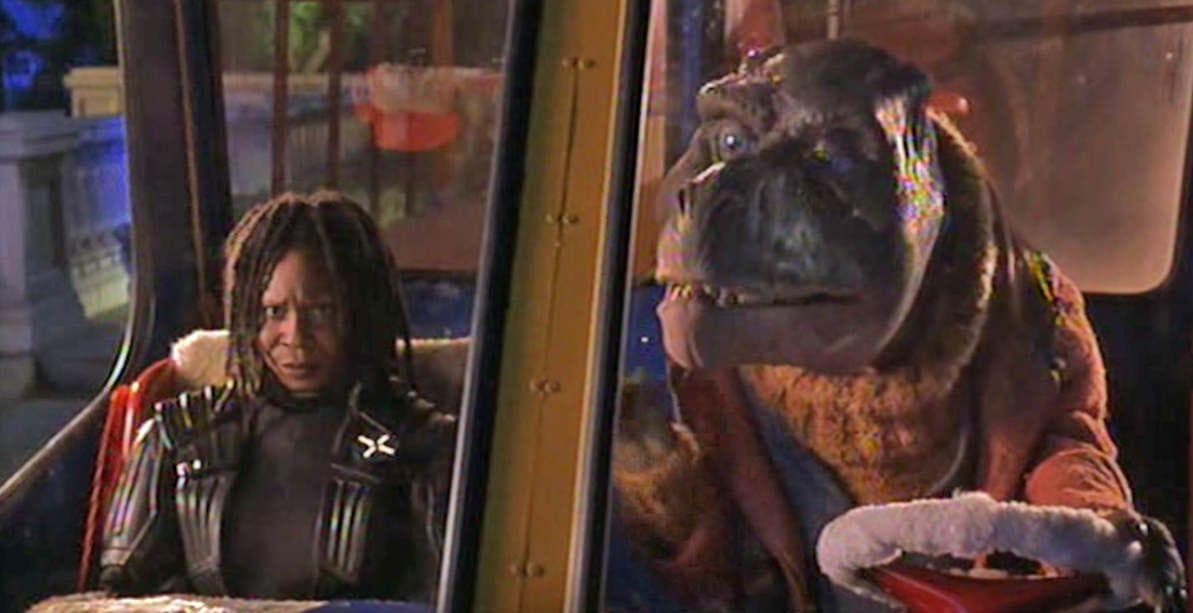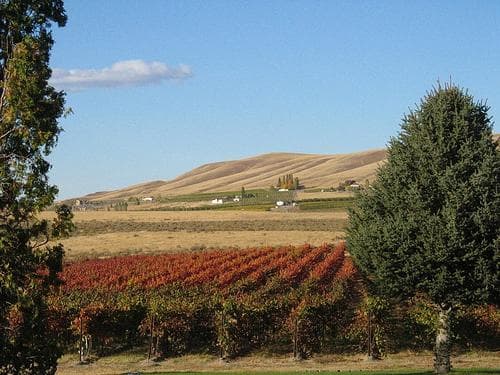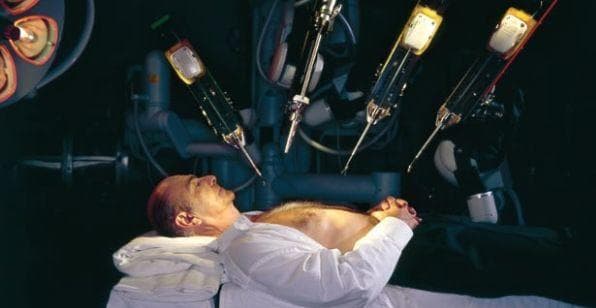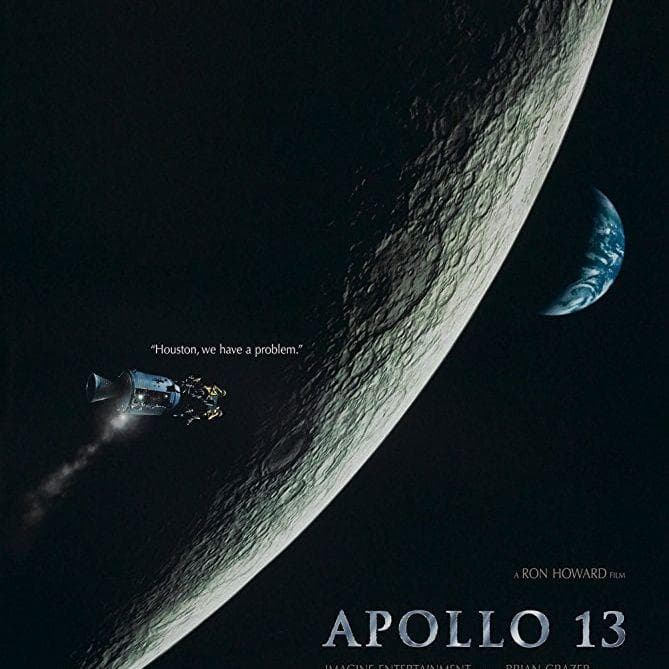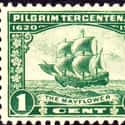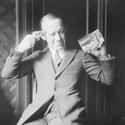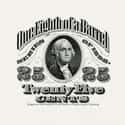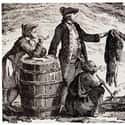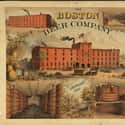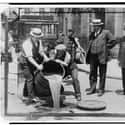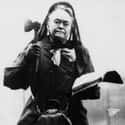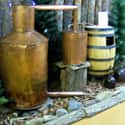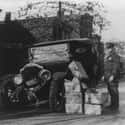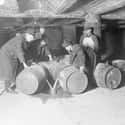-
(#1) The Mayflower Only Landed on Plymouth Rock Because They Ran Out of Beer
We're taught in school that the Pilgrims made the daring journey from England to America in search of ideological freedom and a fresh start that was free from political or religious tyranny and that Plymouth Rock would be the metaphorical cornerstone upon which they built their bright new future... but it turns out they were just out of beer.
Originally the Pilgrims were supposed to land in what is now New York but made a stop in Massachusetts because they were out of beer and needed some quick. Beer certainly helped folks pass the time on their nine-week Atlantic crossing, but they also used it for hydration. (At least that's probably what they told themselves when they decided to make a quick pit stop in Plymouth Rock instead of going straight to New York.)
The fact that they even thought they were running low is still pretty insane, because the Mayflower was reportedly carrying 10,000 barrels of wine, in addition to a large supply of beer. Truly, it takes a special kind of person to look at 10,000 barrels of wine and say "What if we run out between Massachusetts and New York? Forget it, we're stopping here, this is where we live now."
So that's why the Pilgrims landed on, settled and eventually had the first Thanksgiving: we were simply out of beer.
-
(#2) In The Early Days, There Was No Legal Drinking Age
The drinking age of the United States is one of the highest in the world at 21 years old. It took effect in all states in 1984, after Ronald Reagan threatened to cut the federal highway budget of any state that didn't comply with the mandate. But, back before Prohibition, the rules were a lot more loose.
From 1176 to 1919 (the beginning of Prohibition), there was no set drinking age for the country as a whole. States set their own drinking ages – and 15 was a pretty common one – but most states didn't enforce a drinking age at all.
Really, the concern with the drinking age is mostly related to drunk driving accidents. The reason the drinking age was changed from 18 to 21 was because there was an increase in drunk-driving-related accidents in the 1960s and 1970s, the majority of which came from drivers under 20.
But why were we letting so many young children drink beer way in the past? Well, that brings us to our next point...
-
(#3) People Drank Beer for Hydration Because It Was Safer Than Water
George Washington was a producer of what was known as "small beer," a low-alcohol version of the popular hoppy beverage. See, in the early days, alcohol was often consumed instead of water, since it couldn't harbor potentially harmful bacteria like water often did. People (wisely) trusted beer more than they did water. Beer that wasn't too strong was needed back in those days, since water was sometimes not drinkable, and the colonists and early Americans needed a substitute whistle-wetter. The usual consumers of small beer were soldiers, paid servants, and male workers (usually of a lower class).
George Washington's small beer recipe has been reproduced by many modern beer makers to get a taste of what drinking was like in colonial America. The custom of drinking them while on the job, however, has not been recreated in America.
-
(#4) Colonists Used Alcohol To Trick Native Americans
The Native Americans didn't have a strong drinking culture, and the new colonists knew this and unfortunately turned it to their advantage. In the early 1600s, colonists would ply Native Americans with alcohol to get the inexperienced Native Americas drunk to give the more experienced colonists the upper hand during a trade. This was all very abrupt for the Native Americans, and they could not adapt quickly enough to the new lifestyle that had been thrown upon them.
Colonists began to judge the native people for their "inability" to handle alcohol (although the white settlers were just as rowdy), and, at one point in the 1620s or '30s, it even became illegal to sell a drink to a "dangerous" Native American. Essentially, colonists blamed the Native Americans for a problem they created themselves. It wasn't great.
-
(#5) Booze Was Once Used As Payment For Laborers
And you thoughts the benefits at your job were bad.
There are numerous reports of alcohol being used as a payment for workers in the 19th and early 20th centuries (commonly among lower-class workers, such as house servants and laborers) but the most famous example featuring alcohol as payment was for the builders of the Eerie Canal. The mostly Irish team of laborers were paid a combination of 50 cents and 32 ounces of whiskey per day (including a two ounce shot every morning before work at 6am). The free-flowing alcohol led to a lot of violent fights, fun, Irish drinking songs and, of course, the completion of the canal that helped turn New York into a leader in the growing, global economy.
And it was all done for 50 cents and 32 ounces of whiskey. What a steal.
-
(#6) There Was A Pre-Prohibition Wine Mega Sale
Now that America had several decades of hard, unmonitored drinking under its belt, it was time to take stock of the country and slow down its aggressive drinking habits. This lead to the brief banning of alcohol in America known as "Prohibition."
In the time leading up to Prohibition, many winemakers saw the writing on the wall and knew they had to dispose of their wares. Leading wine makers of the period had the equivalent of 75 Olympic swimming pools of wine to offload before the law took effect. Americans stepped right up to the boozy plate and stocked up for the apocalypse – over 141 million bottles of wine were sold within three months. That was quite a bit of wine, especially considering that some of the population was already on board with the Prohibition movement.
A smart business man named Horatio Lanza also bought a huge amount of wine, about 1.3 million gallons worth, and made quite a bit of money for himself during that period.
We're not trying to force a second Prohibition or anything, but summer BBQ season is coming up, so if the threat of another alcohol ban could drive down the prices of booze real quick, that would be really helpful.
-
(#7) Anti-Alcohol Advocate Carrie Nation Was Incredible (and Terrifying)
Carrie Nation was a Prohibition-era superhero (or a booze-hating supervillain, depending on how you feel about alcohol).
Nation was one of the strongest voices in the Temperance Movement of the late 1800s. Her first husband died soon after they began their life together – the result of hard drinking. Left alone to raise their child, Nation developed a hatred of alcohol and the domestic problems it was causing around the country.
She founded the Women's Christian Temperance Union in 1874 (which fought against alcohol before Prohibition even happened) and, when local saloons ignored the new alcohol bans put in place by the government, she took matters into her own hands.
Convinced that she was operating on God's orders, Nation traveled the, uh, nation, with a hatchet. She would go from speakeasy to speakeasy and destroy bottles and other bar fixtures with her hatchet (engraved with the words "Death to Rum" on the handle), conducting what she referred to as "hatchetations." Sometimes she would travel with a group of women that would sing hymns to accompany her smashing, which somehow makes it more terrifying. All told, she was arrested over 30 times for her hatchetations and eventually started publishing a newspaper about stopping alcohol called "The Hatchet." She collapsed on stage doing what she loved (delivering a terrifying lecture on the dangers of alcohol) and passed away shortly thereafter.
We don't necessarily believe in ghosts, but if you're ever drinking too much in a bar and suddenly hear a bunch of women singing hymns, run. CARRIE NATION IS BACK!
-
(#8) Moonshine Was A Way To Beat A Tax As Well As A Way To Poison Yourself
Moonshine first began as a way for people in rural areas to produce their own whiskey; after the Revolutionary War, it became a way to avoid the recently established alcohol tax. It was also HUGE during Prohibition because there's no way people were going to suddenly give up their drinking. It was known by many names (firewater, white lightning, mountain dew, hooch), but the moniker "moonshine" comes from the way the farmers made it in secret, by the light of the moon.
The process of making moonshine was completely unregulated, which was the other reason for the government's concern. There was no cap on alcohol content, and it could be made from anything the brewers wanted to use. If a mistake was made, a bad batch could cause blindness or even death. Man, people really wanted their booze back then, regardless of the risk.
But accidental poison wasn't the only surprising invention that came from moonshine...
-
(#9) Bootleggers Created NASCAR
With all the moonshine being illegally produced in the early 1900s, there was a huge need for drivers to distribute the product. Men would trick out their cars, making the engines more powerful and adding secret storage compartments to carry the white lightning.
These bootleggers became extremely skilled at outrunning the police and developed into excellent drivers. Not surprisingly, they began to practice with each other and compete in backwoods races.
Eventually, the car races began to take shape into a real organization. NASCAR was founded in 1948, and almost every driver, mechanic, and car owner had been involved in bootlegging in some form.
-
(#10) Alcohol Has Been A Part Of Prison Life Since The Beginning Of The US
The settlers of the United States brought a very old tradition over from Europe – selling alcohol to prisoners. In the 1780s, some of the founding fathers began to discus prison reform and questioned how much those alcohol sales were hurting the prison population.
Before the reforms were made, the prison system in Philadelphia was considered to be a bit broken – instead of protecting the prisoners from each other, the guards sold them alcohol. According to the Smithsonian, it was up to 20 gallons per day.
Although rules have changed a lot since then, prisoners throughout history have become extremely creative with making "prison hooch" after the sales from the guards stopped.
New Random Displays Display All By Ranking
About This Tool
Since the first European immigrants arrived in the Americas, alcohol has played an important role in their lives. Drinking was a common habit for early Americans, while other immigrants worry about the harmful effects of alcohol on individuals and the whole society, the dispute between these two different views runs through American history, sometimes in fierce conflict.
It is undeniable that alcohol plays an important role in daily life, but alcohol can also be a poison. You could check the collation of random 10 insane true stories about alcohol history in America. Welcome to use the random tool to search for more interesting topics.
Our data comes from Ranker, If you want to participate in the ranking of items displayed on this page, please click here.


